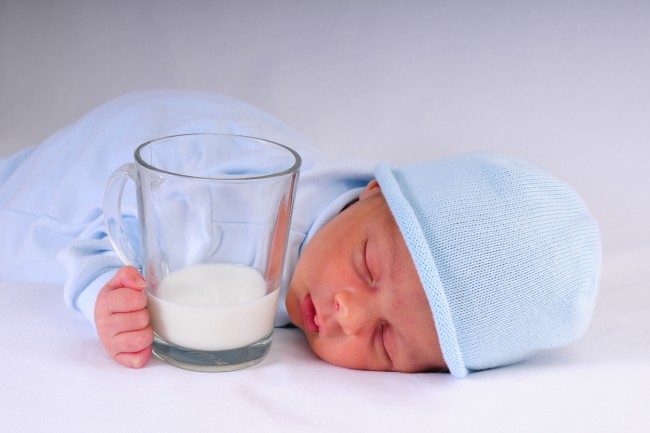The experience of breastfeeding a baby has been noted as one of the most natural forms of bonding between a mother and her baby.
Unfortunately, for many mothers, breastfeeding is definitely one of those cases of “easier said than done.”
Not enough milk?
It goes without saying that the main reason mothers stop breastfeeding is because they feel they don’t have enough milk to fulfill their babies ever increasing needs.
Other concerns are constant crying, sleepless nights, increasing demands for feeds and the baby sucking on everything in sight which must mean he or she is hungry.
After a few days of the above signs that voice in any mothers head saying “you don’t have enough milk” becomes more like a screaming siren and results in the abrupt cessation of breastfeeding and the introduction of formula.
Not everything points back to feeding
Unfortunately, what most mothers don’t realise is that although these are signs that the baby may not be getting enough milk, they are also really unreliable. A restless, crying baby is just that; a restless crying baby.
More reliable signs
Not everything points back to feeding. Look for the following more reliable signs to ensure that your baby is getting enough breast milk:
- A good urine and stool output. If milk is going in, then at some point it has to come out and this is the best indicator.
- After two days your baby should have 6 or more wet diapers in 24 hours and three to eight stools in 24 hours.
- Baby should be alert, have good muscle tone and a healthy skin.
- Growth should average around 150g per week.
If these signs are being achieved then you can rest assured that you are doing a great job and that you do indeed have enough milk.
Remain calm and confident
It has to be mentioned that it is vital you allow your baby to remain on the breast for as long as they need to. Pulling your baby away from the breast means that they have not had enough and this can also adversely affect your milk production.
Any kind of stress, anxiety, lack of confidence or feelings of concern can also result in low milk production so remaining confident and calm is vital to successful breastfeeding.
Laura May Janse Van Resnburg
Latest posts by Laura May Janse Van Resnburg (see all)
- Breastfeeding a newborn: The correct positioning and attachment - June 19, 2014
- The importance of the perfect latch when breastfeeding a newborn! - May 27, 2014
- Breastfeeding a newborn:Do you have enough milk? - May 22, 2014






 Saving...
Saving...